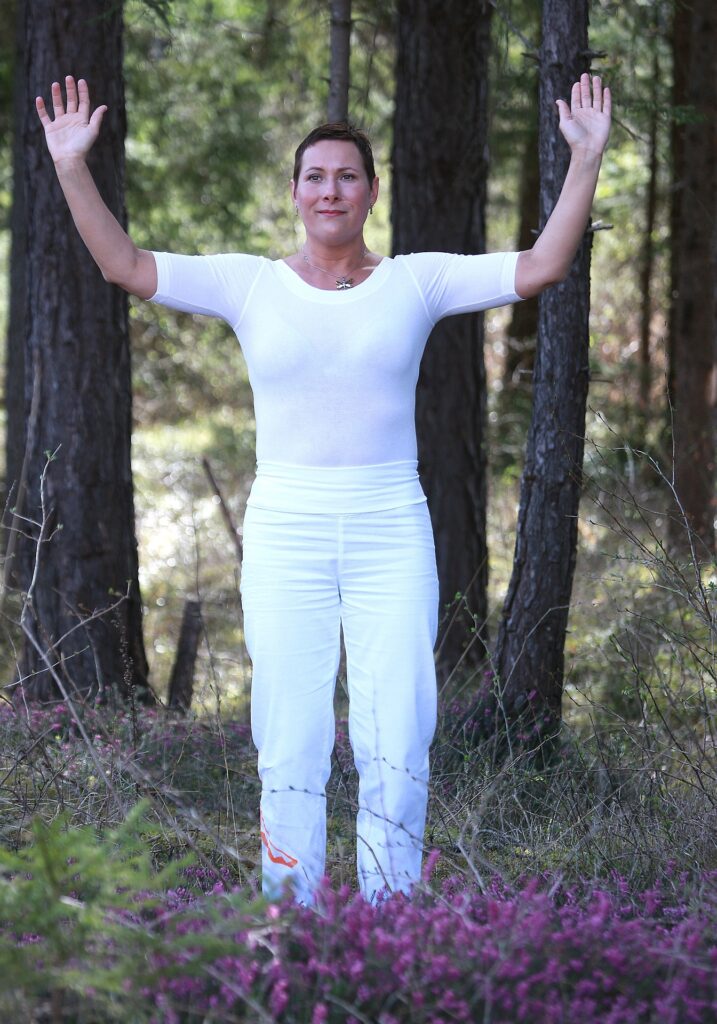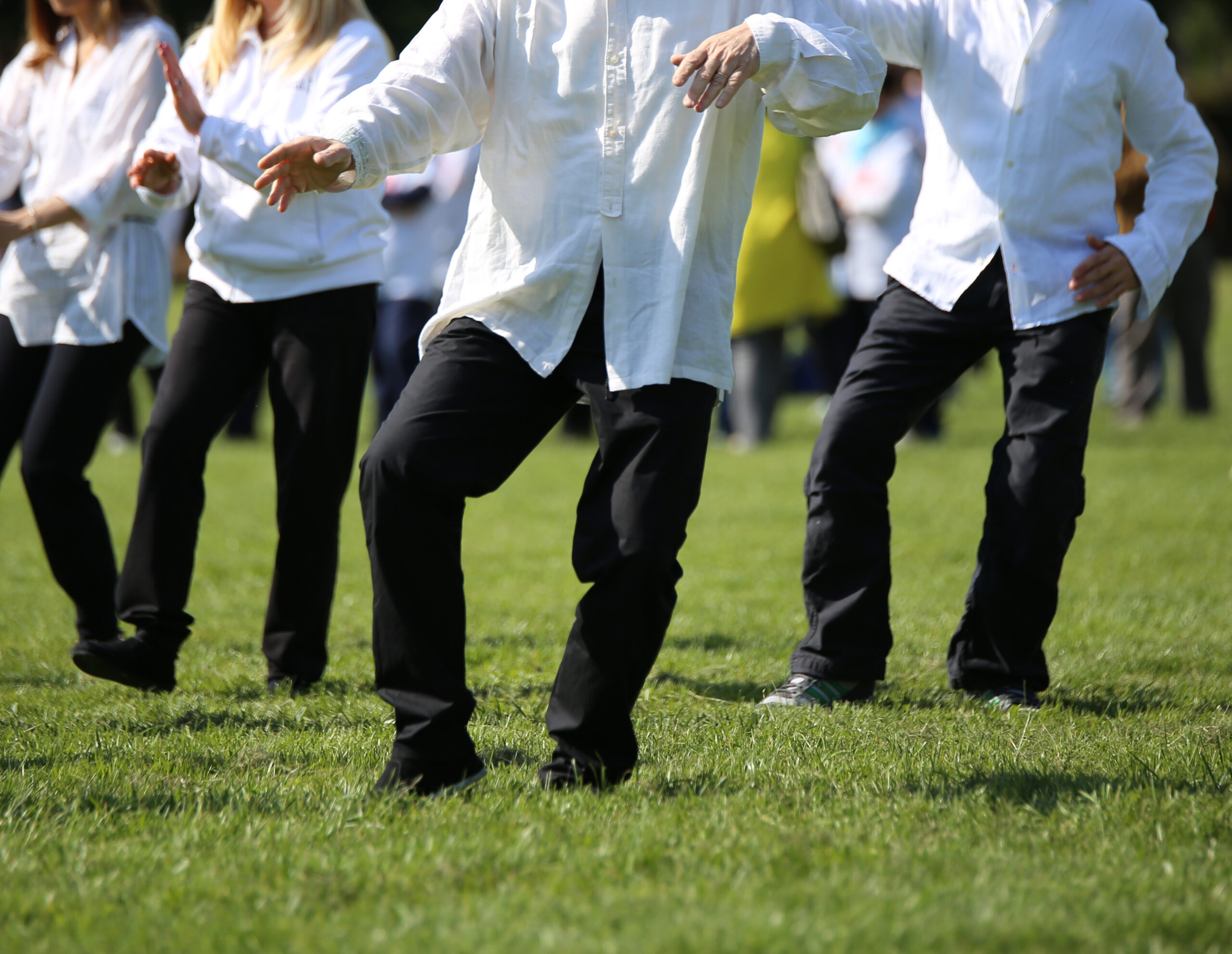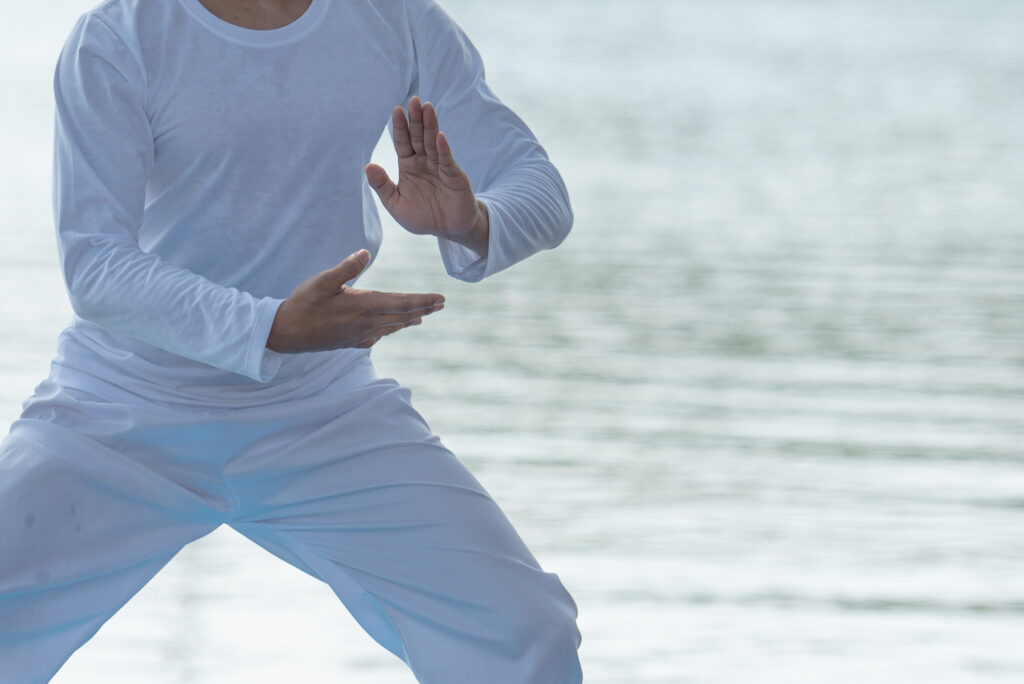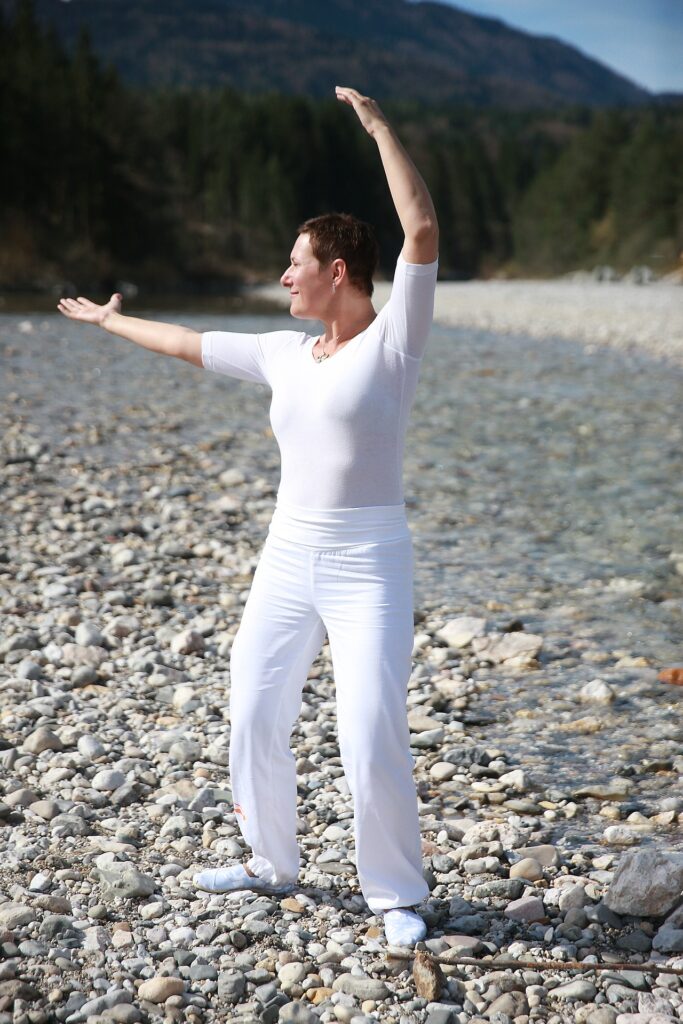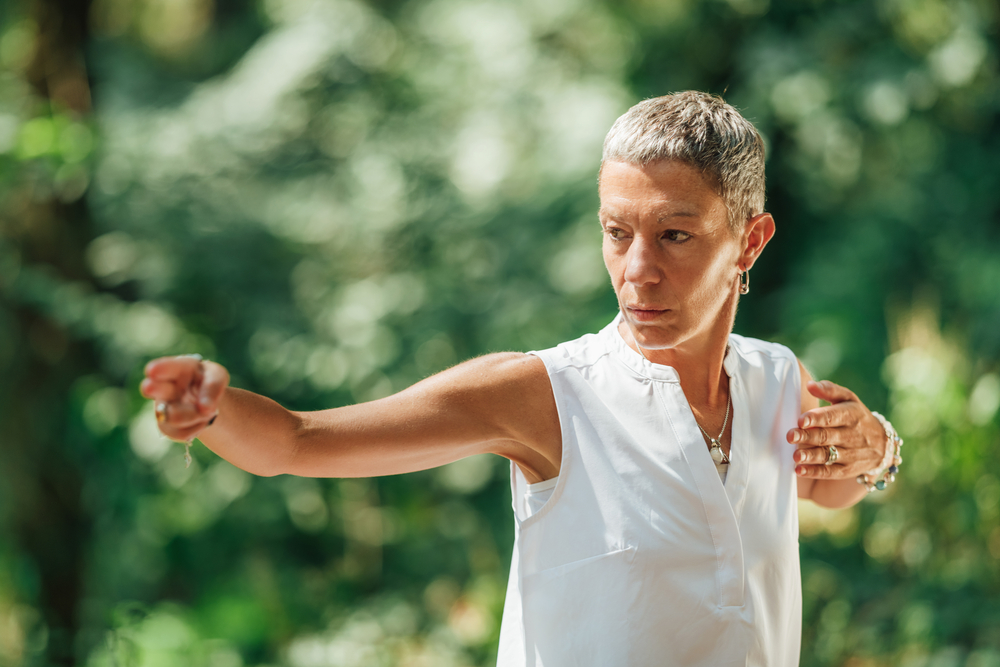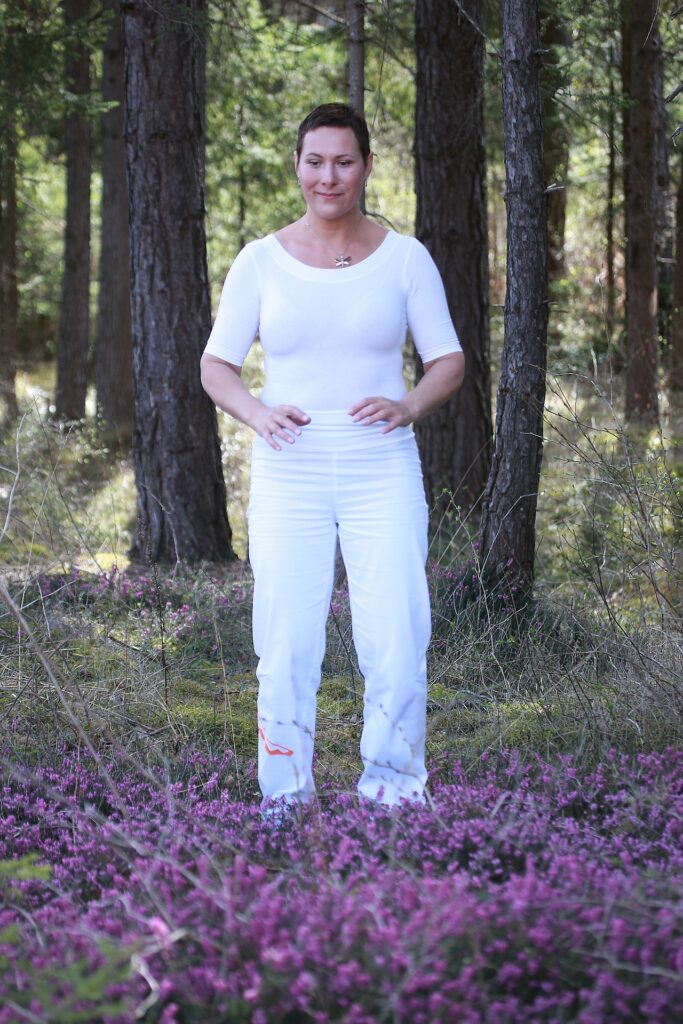
Qi Gong
Qigong is an ancient practice that can benefit the mind, body, and spirit. It derives from Traditional Chinese Medicine and philosophy.
Similarly to other traditional Chinese practices, qigong derives from the idea that qi, or life force, flows through the body. If qi becomes blocked, stagnant, or flows too quickly, it can lead to health issues. Qi Gong aims to restore balance within the body by combining deep breathing with a series of ‘energy flow’ exercises.
Qigong has four components:
- breathing techniques
- body postures
- guided imagery
- meditation
Many health conditions can be improved by practicing regularly. It helps to build immunity to disease and stimulates the body’s natural pain relief systems. With regular practice it can strengthen the body and benefit all the major organ systems.
According to a study in Medical News Today, research suggests that it may help with certain aspects of health. For example, reducing pain, supporting respiratory health, and improving quality of life after cancer. The study particularly mentions the Baduanjin as promoting fitness and flexibility. Overall, it found evidence that regular practice can improve:
- balance
- hand grip strength
- torso flexibility
- blood pressure
- resting heart rate
These benefits were present in studies on younger and older adults. Because qigong is a fairly low impact activity, it can be a suitable form of exercise for individuals with limited mobility or stamina.
Qi Gong does not solely focus on exercise and physical health. It is a mind body practice which incorporates mindfulness, meditation, breathing regulation, and movement. All of these have general links to stress reduction and mental well-being. Several studies have also found that practicing Qi Gong can reduce anxiety and depression symptoms.
Additionally, qigong may help with mental health by activating the parasympathetic nervous system. This is the part of the nervous system that induces a state of rest and relaxation.
The sessions in our programme aim to bring balance and harmony to body, mind and emotions as well as improving strength, posture and balance.
Among the Qi Gong forms we offer are:

